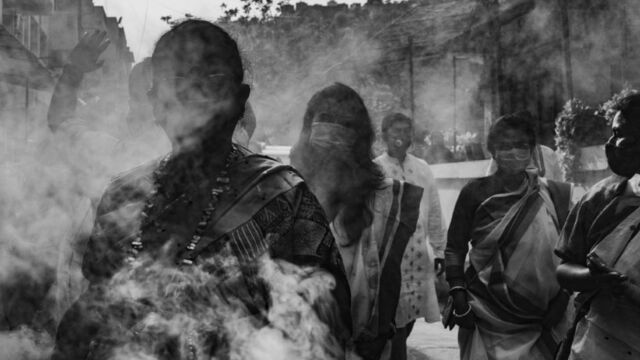On Monday, the World Health Organisation (WHO) announced that theIndian variant is now a variant of global concern. There are already three other variants on WHO’s list, including strains detected in Britain, South Africa, and Brazil.
Discover our latest podcast
Increased transmissibility
Preliminary studies indicating that the variant has a higher rate of transmission have prompted the organisation to make this decision. Maria Van Kerkhove, WHO technical lead on COVID said:
We are classifying this as a variant of concern at a global level.
Even though there is increased transmissibility demonstrated by some preliminary studies, we need much more information about this virus variant and this lineage and all of the sub-lineages.
WHO will be releasing more information about variant and its lineage today. Meanwhile further studies are being done in India to examine the transmissibility and severity of the variant, but the silver lining is that so far the vaccines seem to be working against differing variants. Soumya Swaminathan, chief scientist at WHO said:
What we know now is that the vaccines work, the diagnostics work, the same treatments that are used for the regular virus works, so there is really no need to change any of those.
Unofficial statistics
The double variant is said to be a major catalyst in the India's devastating outbreak and the situation is only getting increasingly dire in the country, with the number of COVID deaths rising on the daily.
Yesterday almost 4000 deaths were recorded in a single day, but the unofficial number could be much higher than that. Bhramar Mukherjee, an epidemiologist at the University of Michigan told The New York Times:
It’s a complete massacre of data.
From all the modeling we’ve done, we believe the true number of deaths is two to five times what is being reported.
As crematoriums are being overloaded with deceased COVID patiences in various parts of India, it is becoming glaringly evident that the reported numbers are far from realistic.















